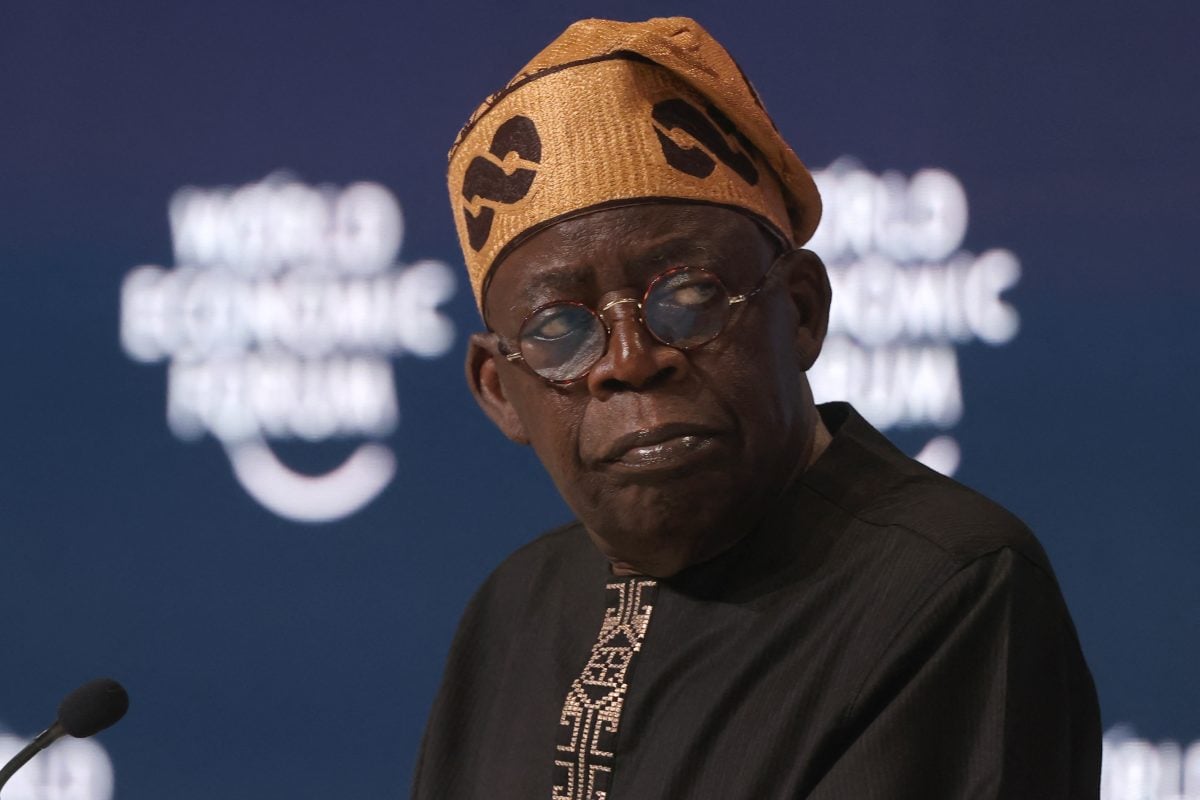When Nigerian President Bola Tinubu’s government devalued the naira last year, only one sector of the economy emerged largely unscathed: the banks.
While manufacturers bemoaned the high cost of inputs and rued decimated consumer spending, banks reaped windfall profits simply by maintaining their currency positions against the naira. Lenders in Nigeria also saw an expansion of their interest income as the monetary authorities raised interest rates to record highs in a bid to tame surging inflation.
The top four banks in Nigeria – Access Bank, Guaranty Trust Bank, Zenith Bank and United Bank for Africa – saw their gross earnings more than double to 8 trillion naira ($4.86bn) in 2023. Pre-tax profit for the four banks rose more than two-fold to 2.9 trillion naira ($1.76bn), according to the results declared for the year. The top ten banks reported annual profits between $75m and $500m equivalent, led by Zenith Bank.
Now the government wants some of that money.
In the Finance Amendment Bill of 2024 sent to lawmakers in July, Tinubu asked for a 50% tax on the foreign exchange gains made by the banks following the devaluation. The funds, according to the bill, were required for infrastructure, education and health projects. Both chambers of parliament have passed the bill, with the Senate raising the tax rate to 70%; the bill now awaits the president’s signature to become law.
The law is designed to apply retroactively, given that Nigerian banks, in compliance with regulations, have already filed their annual reports and paid their taxes to the Federal Inland Revenue Service (FIRS). There are murmurs among bank executives of mounting a legal challenge against it on the grounds of its contradictions whenever it does take effect.
“Nigeria’s tax policy frowns at the retroactive application of tax laws,” said Adewale Ajayi, head of tax and regulatory services at the Nigerian office of KPMG tax consulting firm. “It is, therefore, surprising, that the government has chosen to implement this windfall tax retroactively.”
The search for revenues
The primary motivation is a desperate search by the Tinubu administration for alternative sources of revenue in a period of dire straits for the Nigerian economy. Oil exports, the prime source of government revenue and foreign exchange income, have struggled in the past three years due to incessant sabotage and large-scale theft of oil from pipelines transporting it to export terminals. Exports have averaged about 1.3 million barrels per day since 2021 compared to the country’s OPEC quota of 1.78 million barrels daily and the 2 million barrels a day production that Africa’s most populous country of more than 220 million people needs to balance its budget.
Faced with declining oil revenue since 2016, the government relied heavily on borrowing under President Muhammadu Buhari, Tinubu’s predecessor, with the national debt now at $92bn, putting the debt-to-GDP ratio at 50%, well past the official target of 40%. With a deficit of 9.18 trillion naira built into the 2024 budget, the administration has been scrambling for sources to cover the funding gap. The tax on the banks is estimated to bring as much as 6.2 trillion naira, about 68% of the deficit.
Tinubu appears particularly eager to have something to show for the pain inflicted on the populace through the twin decisions to make deep cuts and liberalize the foreign exchange market. A growing restiveness, strike threats by labour unions and unrelenting opposition criticism combine to make the government increasingly vulnerable and in need of evidence that its tough decisions are working.
There were early indications of government interest in the windfall profits. The first came in September last year when the Olayemi Cardoso-led Central Bank of Nigeria directed banks not to use the foreign exchange revaluation gains in their payments of dividends or use them as running expenses. When the regulator asked banks to recapitalize in February, in light of the devaluation and their severely eroded capital base, those profits were also excluded.
For the top Nigerian banks, gains made from currency revaluation account for as much as a third or more of their entire profit for the year under consideration, according to the credit-rating agency Moody’s, which covers the top nine Nigerian lenders. The impact will be worse for those banks with cash reserve and liquidity ratios that are on the borderline of meeting regulatory requirements, according to the agency.
While the regulators are currently reviewing recapitalization proposals submitted by the banks, most of them have announced share sales and rights offers to raise fresh capital. While one merger has been announced, that of Unity Bank and Providus Bank, a few more are expected. Only about a third of the country’s 24 banks are seen by industry analysts as capable of meeting the new capital requirements on their own.
“Given the strict definition of paid-up share capital, banks have very limited options for meeting the new capital requirements,” said Yomi Olugbenro, the West Africa tax leader at the international consultancy firm Deloitte.
A moral necessity?
Government officials have justified the windfall tax as a moral necessity and a practice common in the world’s more advanced economies, citing examples among European Union countries and even the UK Indeed, a tax on perceived surplus profits had been part of Nigerian law in the past but was removed in measures to improve the ease of business in the country. Officials insist the current move is a one-time tax that is specific in its objective.
Yet this seems contradictory at a time when the government has said that there are more than 60 different taxes in Nigeria and appointed a special committee to reduce the number to single digits. Both KPMG and Deloitte conclude in their reviews that the decision has injected a dose of uncertainty into investor confidence in Nigeria regarding the stability of its tax laws, as many investors wonder what might happen to their investments in similar circumstances.
The government appeared in a hurry to go after the funds and failed to hold technical consultations with stakeholders that would have helped to smooth the process, according to some analysts. Such consultations would have helped to gain the confidence of the public on the reasonableness of the tax.
The Tinubu government has faced criticism for profligate spending at a time when Nigerians are forced to live in austerity. There has been a new addition to the presidential fleet of about a dozen aircraft, a yacht was acquired for presidential use earlier in the year and, recently, a custom-made bullet-proof Cadillac Escalade SUV was unveiled as Tinubu’s new official car. It’s a spending pattern also mimicked by other elected officials.
“Interestingly, available reporting also indicates that about 50% of the amount to be generated will be spent on recurrent expenditure,” Olugbenro of Deloitte observed. “One would have expected that the money would be spent on a package of targeted measures to help support Nigerian households with the rising cost of living.”
Want to continue reading? Subscribe today.
You've read all your free articles for this month! Subscribe now to enjoy full access to our content.
Digital Monthly
£8.00 / month
Receive full unlimited access to our articles, opinions, podcasts and more.
Digital Yearly
£70.00 / year
Our best value offer - save £26 and gain access to all of our digital content for an entire year!

 Sign in with Google
Sign in with Google 



